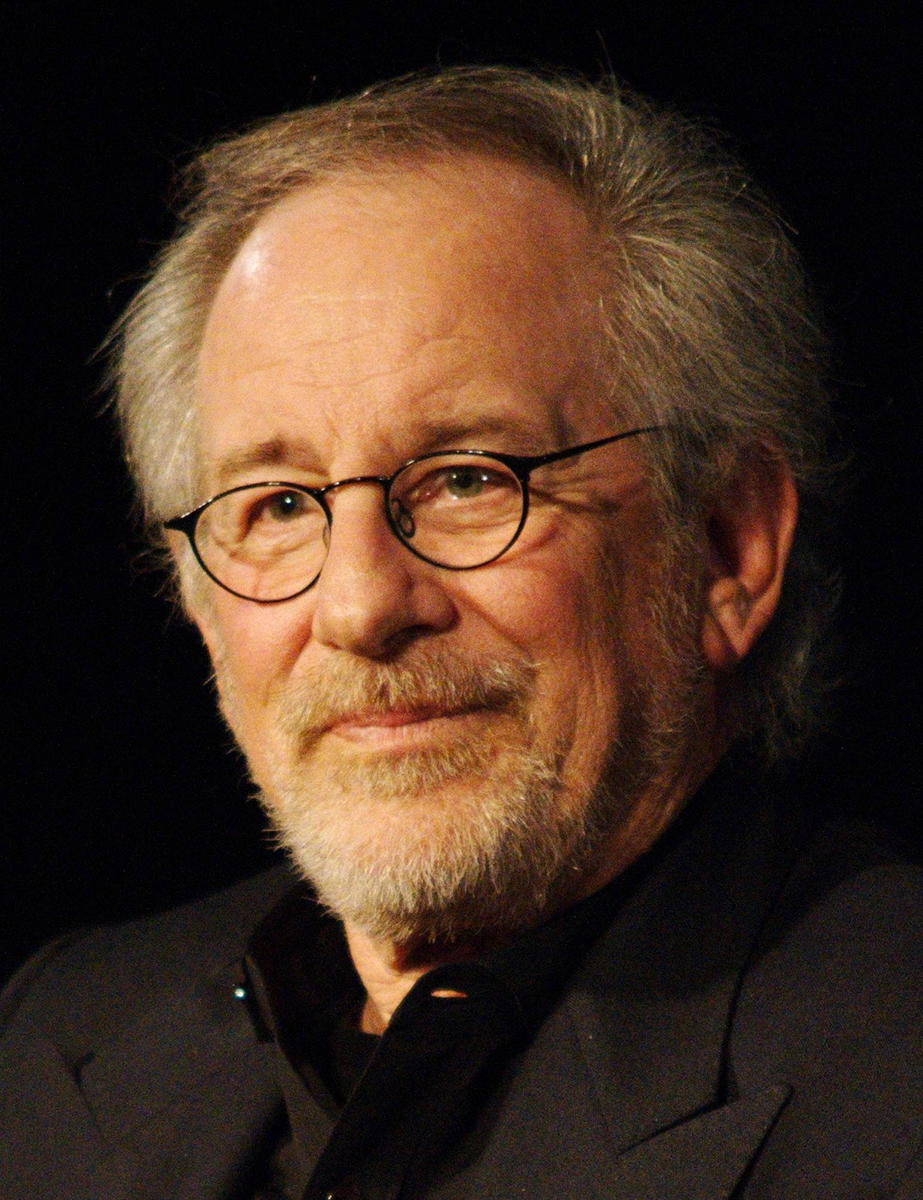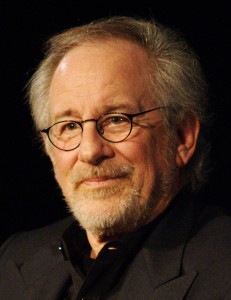

A hero is a person who doesn’t know they’re a hero,” legendary director Steven Spielberg said in a phone media conference. He was referencing James Donovan, the star of his newest awe-inspiring production, “Bridge of Spies.”
As the trailer teases, the historical thriller is filled with dynamic characters and a gripping multinational storyline. Set during the height of the Cold War, the film tells the story behind the exchange of Francis Gary Powers (Austin Stowell), an American espionage pilot whose U-2 jet was shot down over the Soviet Union, for Rudolf Abel (Mark Rylance), a Soviet KGB spy held in custody by the United States. The trade was negotiated by James Donovan (Tom Hanks), an American insurance lawyer who was recruited by the CIA to facilitate the spy swap.
Spielberg noted that Donovan’s incredible story was one of the primary inspirations for the movie.
“This insurance lawyer, suddenly being invited to defend the most unpopular person of his time in this country, Rudolf Abel, and subjecting his family to tremendous scrutiny and criticism and even danger … experiencing something profound and dangerous for the first time, really hook[ed] me as a filmmaker,” he said.
The film presented one main challenge for Spielberg.
“I’ve never done anything about spies before,” he said. It was this “originality in concept” that intrigued him from the very beginning and compelled him to go forward with “Bridge of Spies.”
For audiences planning to watch the film, Spielberg said they should consider one question.
“Allow yourself to imagine, could a third-world war result if Donovan’s negotiations are not successful in retrieving Gary Powers from the Soviet Union?” Spielberg said.
Among the most impressive aspects, the dialogue in “Bridge of Spies” is sure to keep viewers on the edge of their seats for the whole of its 141-minute run time. Written by the highly distinguished Joel and Ethan Coen, the art of conversation is explored in such a way that the enthrallingly serious dialogue is interrupted only by subtle yet tastefully hilarious witticisms here and there.
Despite its subtlety, humor plays a large role in the film, Spielberg said.
“There’s humor in every situation … humor, to me, is a natural byproduct of just being alive,” he said. “So I find that, even in the most serious of my movies, to not have humor would be to deny the actual existence of the way all of us live our lives. And even when we think nothing’s funny about what’s happening to us, there’s always somebody watching that thinks it’s funny.”
As for how Spielberg imagines stories like the masterfully crafted historical drama “Bridge of Spies,” he credits his imagination.
“My imagination has always been my best friend,” he said.





